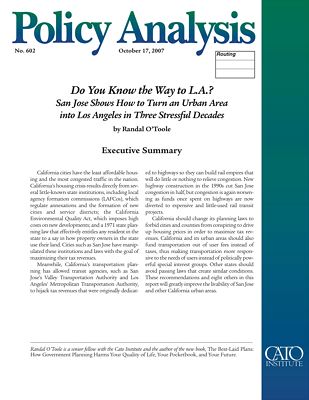Last June, the Census Bureau was thrilled to announce that its annual survey of Americans revealed that Portland had the highest share of bicycle commuters of any city in the nation. According to the bureau’s 2005 survey, 3.5 percent of Portland commuters cycle to work. Portland is “like a Swiss city, with trains and bicycles everywhere,” exclaimed the director of the Census Bureau.
Soon after, a group called the Bicycle Transportation Alliance issued a challenge to employers in Portland (and elsewhere): which could persuade the greatest share of their employees to commute to work in September? More than 550 Portland employers who employed 118,000 full-time equivalent employees participated in the challenge. (This doesn’t include bike shops, whose employees are not very representative of the average commuter.)

Watch out for the streetcar and light-rail tracks.
Flickr photo by Salim Virji.
At the end of the month, a total of 6,906 people recorded that they rode to work at least once. On average, they rode to work about 10 out of 19 work days in September. That means that, on an average workday, 3.2 percent of people working for the companies that accepted the challenge cycled to work.
Continue reading →










